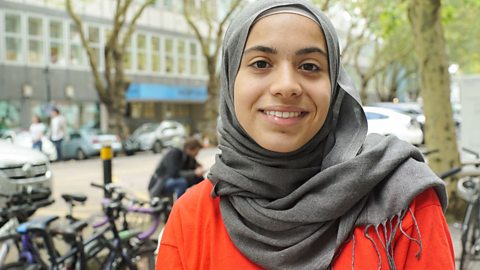What I do is genuinely exciting and I think I'm really finding out something new about the world that is completely unique and completely mine.
I’m Jaz; I’m a research scientist working towards a Biology PhD.
A PhD is a research project that is completely unique. It has to be something new and my question is how life could have survived back in ancient history when the world was very very cold?
This is before there were any animals, so I’m working on microorganisms which are tiny things that are just one or a few cells so small that you can’t see them with the naked eye.
I’m looking at cells. I’m looking at DNA which are the building blocks of everything that lives on Earth and maybe other things out there in the Universe. To find out how life survived through the coldest period on Earth's history I’ve been up to the Arctic. There are still things even in the coldest places in the world living in the soils and I’ve got samples from there so I can look at their DNA and I can hopefully find out how they work.
I grew up in Cornwall by the coast and I spent an awful lot of time at the beach looking in rock pools. There was the aquarium nearby; where I found out that actually a lot of the oceans that I loved so much were supported by microbes, and there are microbes that glow in the dark there are microbes that form into huge plant-like things and at the Natural History museum that's what it's all about.
How does that work? Why is life the way that it is?
This is just the perfect place for me to be doing what I love.
So I went to university and studied Biology and then I found a PhD project which is what I’m doing now.
By the time I finished I will have become a doctor of Philosophy in Biology.
I’m so glad I get to work with such inspirational people in such inspirational places. What I do is genuinely exciting and I think that I’m really finding out something new about the world that is completely unique and completely mine.
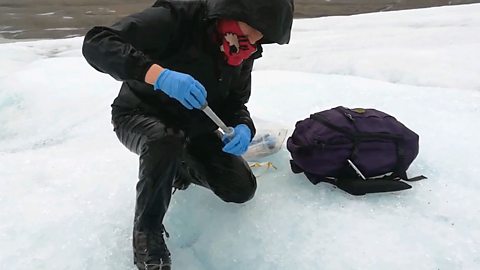
Jaz is a research scientist at the Natural History Museum in London, working towards a Biology PhD. A PhD involves researching a unique question in order to find out something new.
Jaz's research focuses on investigating how life could have survived back in ancient history when there were extremely cold temperatures. Their work has involved studying cells and DNA (the building blocks of all life on Earth) and has even included a trip to the Arctic!
I'm so glad that I get to work with such inspirational people, in such inspirational places.

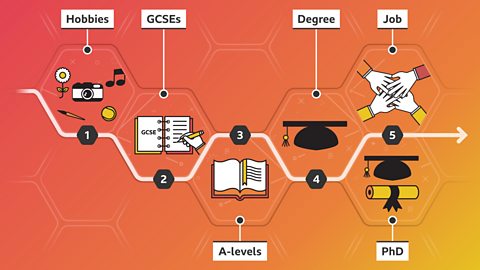

What to expect if you want to be a research scientist
- Research scientist average salary: £15,285 to £40,000 per year
- Research scientist typical working hours: 39 to 41 hours per week
What qualifications do you need to be a research scientist?
You'll need an honours degree in a Science subject and, usually, a postgraduate qualification like a PhD. You could get your degree at university, or through a degree apprenticeship, both of which require A-level qualifications (or equivalent) to apply. Alternatives to A-levels include taking a T-level (England-only), which is equivalent to three A-levels. Check with your course provider which alternative qualifications they accept. Once you have your degree, you could work as a research assistant or graduate industrial scientist alongside studying part-time for your postgraduate qualification.
Sources: LMI for All, National Careers Service, GOV.UK.
This information is a guide and is constantly changing. Please check the National Careers Service website for the latest information and all the qualifications needed and the GOV.UK website for more on T-levels.
For careers advice in all parts of the UK visit: National Careers Service (England), nidirect (Northern Ireland), My World of Work (Scotland) and Careers Wales (Wales).

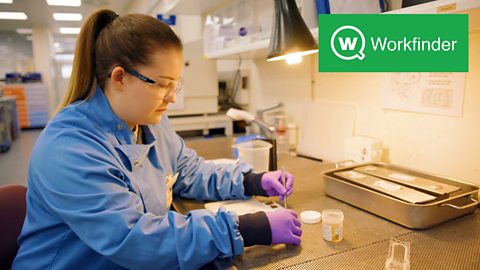
Work experience in your area
Find work experience placements with Workfinder.
Tips and advice
Help with interviews, writing a CV and all things work experience related.


Rosie: science journalist
Rosie's the editor for the science section of a student-run magazine.
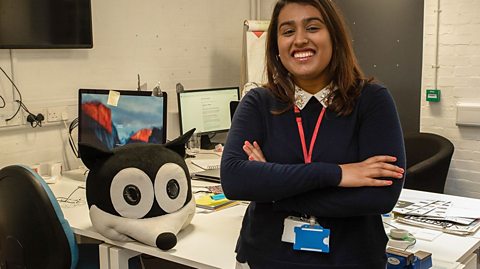
Zahra: researcher video
Zahra's a student and researcher at the University of Salford.
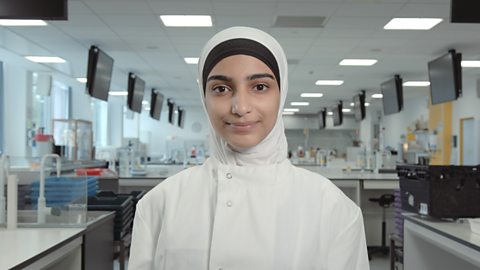
Khadija: first aider
Khadija uses her medical knowledge to teach young people first aid.
